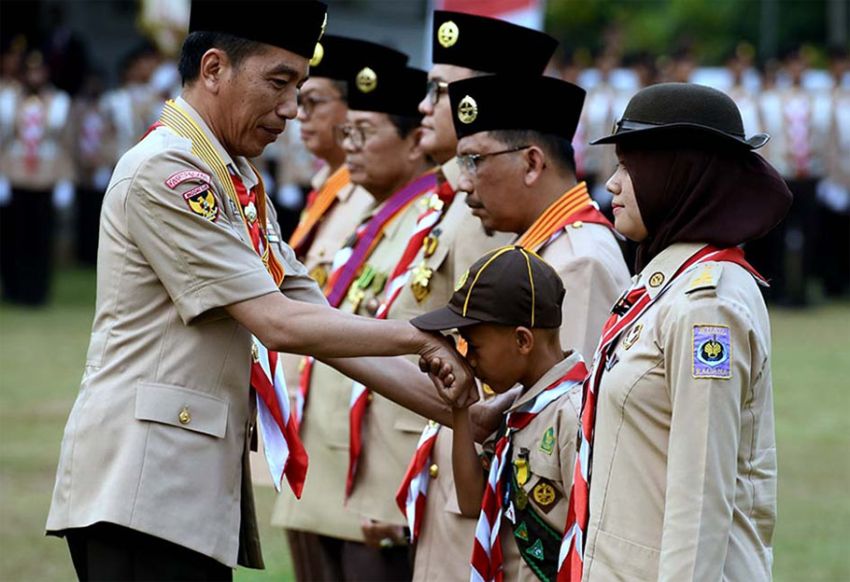Making scouting optional proves controversial
Introduced by the Dutch and redesigned by Sukarno in 1961, Indonesia’s scouting association is the largest in the world since membership is compulsory. Now schools will include it in their curriculum but as an optional.
Jakarta (AsiaNews/Agencies) – Scouting will no longer be compulsory for students in Indonesia, a decision that has sparked controversy.
Nadiem Makarim, Indonesia’s Minister of Education, Culture, Research and Technology, issued a regulation making participation in the country’s scouting movement (Gerakan Pramuka) an optional rather than mandatory part of school extracurricular activity.
“Every school up to the secondary education level is required to offer scouting as part of the Merdeka Curriculum,” said Anindito Aditomo, an official with the Education Ministry.
“However, participation in scouting activities will now be voluntary,” he added, in line with Law No. 12 of 2010, which reflects “the voluntary and non-political nature of the Scout movement.”
The change has, however, elicited a negative response from the National Scout Council of (Kwarnas), which urges Minister Nadiem Makarim to reconsider the new policy, noting the movement’s strategic importance in shaping the nation's character and meeting the goals of national education.
“For instance, in the Ministry of Education and Culture, Saka Widya Budaya Bakti focuses on practical education in fields such as art, tradition, and cultural values,” said Bachtiar Utomo, Kwarnas Secretary General.
“Similarly, Saka Bakti Husada in the Ministry of Health provides Scouts with knowledge in health-related areas such as disease prevention, nutrition, and clean-living habits," he added.
The Dutch introduced scouting to Indonesia (then the Dutch East Indies) in 1912. Gerakan Pramuka was established in 1961 as a part of the Sukarno regime’s attempt to create a post-colonial scouting movement.
Given its compulsory nature, Indonesia’s scouting movement is the largest in the world, with over 17 million members.







.png)










